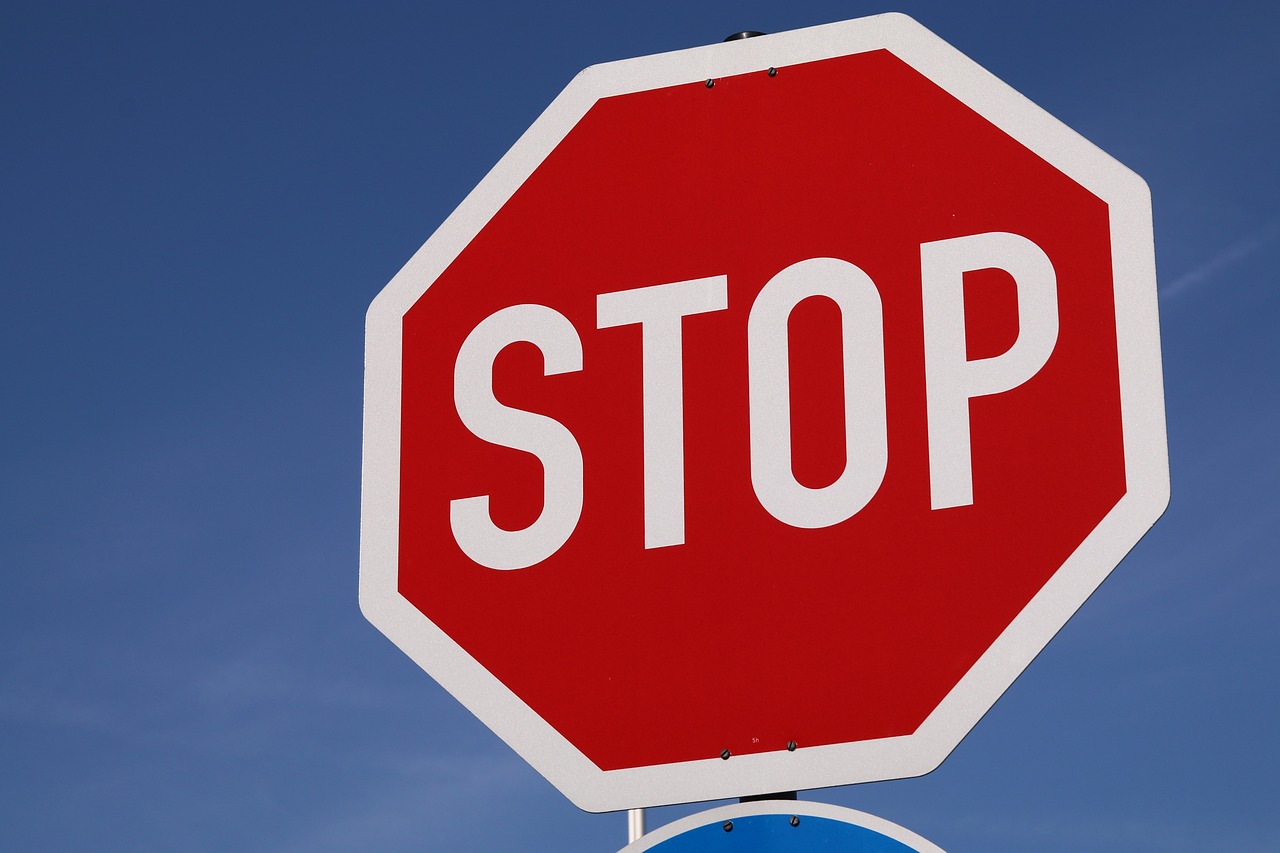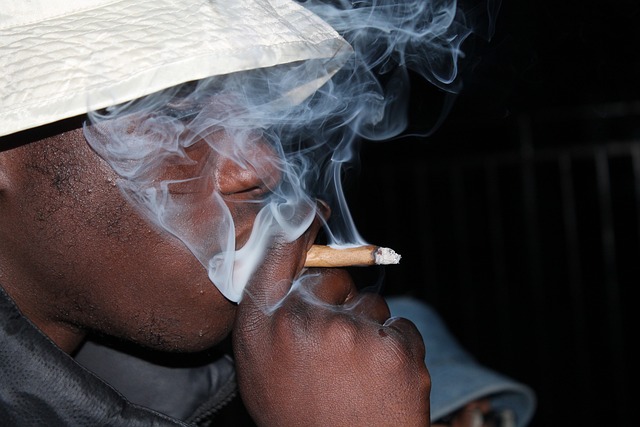Cannabis
The End of Cannabis in Thailand? The Ministry of Health Introduces a Ban
This legislative change represents a decisive turn in the drug policy of a country that until recently was a leader in the liberalization of cannabis regulations on the Asian continent. These actions were interpreted as a step towards normality and social acceptance, but the latest decisions by the authorities show that Thailand is leaning towards more restrictive policies.

Cannabis in Thailand is to be ban for recreational purposes by the end of the year. The Ministry of Health announced the introduction of restrictions.
Thailand intends to introduce restrictions on the recreational use of cannabis by the end of this year, as announced by the country’s health minister. Authorities emphasize that inappropriate use of this drug has a negative impact on Thai youth.
Under the new regulations, Thailand prohibits the use of cannabis for non-medicinal purposes, while leaving the door open to its medical use.
“The government will adopt the bill in the coming month and it will then be submitted to parliament for approval before the end of the year,” says Cholnan Srikaew, Thailand’s health minister.
If you want to find more details about the ban of cannabis in Thailand and to find other important cannabis news from around the world, download for free the Hemp.im mobile app.
The twilight of shops that sell cannabis in Thailand
The Minister explains that the lack of appropriate legal regulations regarding the handling of cannabis results in its abuse. “The inappropriate use of cannabis harms Thai youth and may lead to the use of other drugs,” he adds.
With the entry into force of the new regulations, shops selling cannabis will be closed and growing cannabis at home will again become illegal. The Ministry of Health estimates that there are currently approximately 20,000 such sales points.
“Under the new law, cannabis will be classified as a controlled plant, which means that its cultivation will require a special permit,” states the minister. “We encourage the cultivation of hemp for the medical and health sector,” he added.

Tightening sanctions for illegal cultivation and distribution of cannabis in Thailand
The law provides for a fine of up to 60,000 baht (about $1,700) for recreational use of cannabis. Selling cannabis for recreational purposes, as well as participating in its promotion or marketing, is punishable by up to a year in prison or a fine of up to 100,000 baht (about $2,800), and in some cases both are possible.
The new law also introduces tougher penalties for growing cannabis without the appropriate permit, with possible prison terms of one to three years and fines ranging from 20,000 baht ($560) to 300,000 baht ($8,000).
Cholnan noted that the government recognizes the economic benefits of the cannabis in Thailand and will provide a transition period for businesses to adapt to the new regulations. This will allow stores to continue operating until their licenses expire, allowing them to transform into legally operating cannabis clinics . He also emphasized that the new regulations will not have a negative impact on the tourism industry.
Cannabis in Thailand was legalized in 2018
After the liberalization of cannabis regulations in 2018, allowing its medicinal and recreational use from 2022, the market for cannabis shops has rapidly developed in Thailand.
This legislative change represents a decisive turn in the drug policy of a country that until recently was a leader in the liberalization of cannabis regulations on the Asian continent. These actions were interpreted as a step towards normality and social acceptance, but the latest decisions by the authorities show that Thailand is leaning towards more restrictive policies, especially in the face of concerns about the impact of cannabis on younger generations
A focus on protecting the public health and safety of young people appears to be the main driver of these changes. The introduction of stricter penalties for people violating the new regulations is aimed at limiting access to cannabis among minors and preventing a potential increase in addiction and drug crime.
__
(Featured image by improperstyle via Pixabay)
DISCLAIMER: This article was written by a third party contributor and does not reflect the opinion of Born2Invest, its management, staff or its associates. Please review our disclaimer for more information.
This article may include forward-looking statements. These forward-looking statements generally are identified by the words “believe,” “project,” “estimate,” “become,” “plan,” “will,” and similar expressions. These forward-looking statements involve known and unknown risks as well as uncertainties, including those discussed in the following cautionary statements and elsewhere in this article and on this site. Although the Company may believe that its expectations are based on reasonable assumptions, the actual results that the Company may achieve may differ materially from any forward-looking statements, which reflect the opinions of the management of the Company only as of the date hereof. Additionally, please make sure to read these important disclosures.
First published in FaktyKonopne. A third-party contributor translated and adapted the articles from the originals. In case of discrepancy, the originals will prevail.
Although we made reasonable efforts to provide accurate translations, some parts may be incorrect. Born2Invest assumes no responsibility for errors, omissions or ambiguities in the translations provided on this website. Any person or entity relying on translated content does so at their own risk. Born2Invest is not responsible for losses caused by such reliance on the accuracy or reliability of translated information. If you wish to report an error or inaccuracy in the translation, we encourage you to contact us

-

 Markets2 weeks ago
Markets2 weeks agoThe Big Beautiful Bill: Market Highs Mask Debt and Divergence
-

 Africa2 days ago
Africa2 days agoORA Technologies Secures $7.5M from Local Investors, Boosting Morocco’s Tech Independence
-

 Markets1 week ago
Markets1 week agoA Chaotic, But Good Stock Market Halfway Through 2025
-

 Business4 days ago
Business4 days agoThe Dow Jones Teeters Near All-Time High as Market Risks Mount















